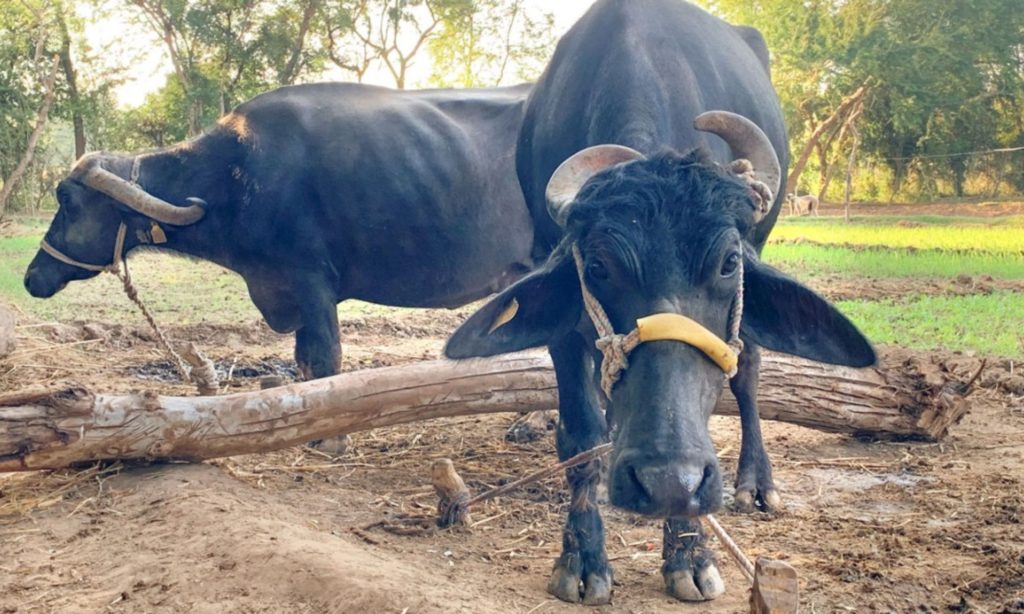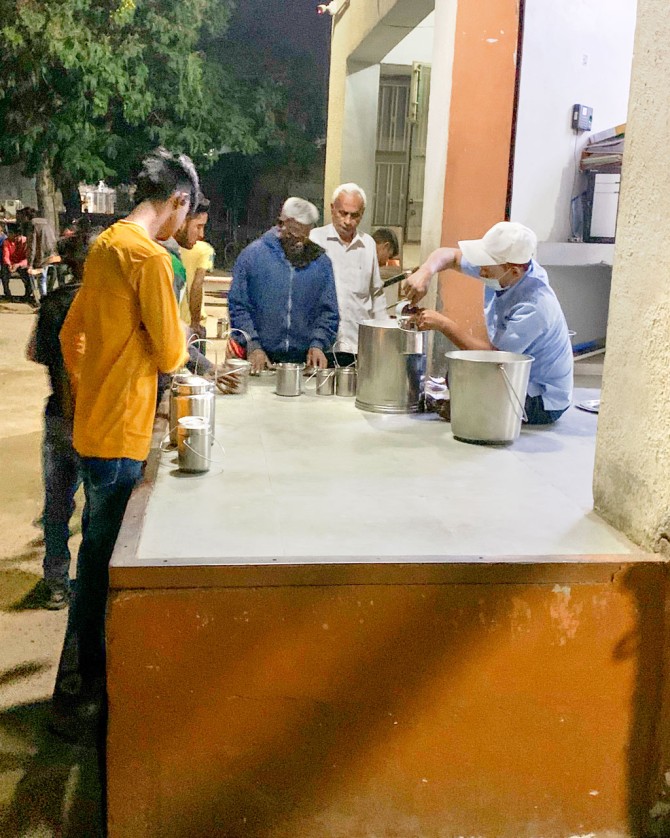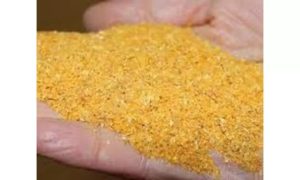
“Enteric methane production from the digestive systems of cows and buffaloes is a major source of global greenhouse gas emissions,” said Joseph McFadden, associate professor of dairy cattle biology in the College of Agriculture and Life Sciences. “We need to reduce enteric methane emissions from livestock – particularly ruminants – because they produce the bulk of methane, a climate pollutant.”
India is home to 300 million cattle and milk-producing buffaloes, and 85 million smallholder dairy farmers. In 2020, India produced 195 million metric tons of milk, which is 22% of all global production, according to the United Nations’ Food and Agriculture Organization.
India’s population is 1.4 billion; the UN forecasts that it will increase by 194 million by 2030. The number of milk-consuming households is projected to rise from 185 million in 2012 to 349 million by 2050. The country ranks 97 of 118 countries on the Global Hunger Index.
In addition to human nutrition, the scientists must tackle the methane problem, he said. Milk production is inefficient in India, which means its dairy industry produces more methane than they should – as it contributes about 7% of global greenhouse emissions from agriculture.
As a greenhouse gas, methane is more than 80 times more powerful than carbon dioxide over the first 20 years when it gets into the atmosphere, according to EDF. While carbon dioxide lasts longer, methane accelerates global warming.
Currently, the U.S. and European countries abate methane output for dairies by employing science-based genetic, nutrition and management strategies that enhance milk production efficiency, said McFadden, who leads the collaboration with support from the Cornell Atkinson Center for Sustainability.
The average U.S. enteric methane emission intensity is about 0.25 kilograms of carbon dioxide equivalent per kilogram of milk. The greenhouse gas intensity per unit of milk for indigenous cows of India can be as high as 2.96 kilograms of carbon dioxide equivalent per kilogram of milk.
McFadden said this pilot project aims to help smallholder farmers of India work toward developing better diets for milk-producing animals. He noted that it will employ the Cornell Net Carbohydrate and Protein System (CNCPS) – developed on campus with the guidance of Michael Van Amburgh, professor of animal science (CALS) to enhance the efficiency of nutrient use, animal performance and minimize waste.
“If you enhance production efficiency, you increase the conversion of dietary energy to meat and milk production, and you reduce methane emissions per unit of animal-sourced food produced,” McFadden said. “That might be our fastest way to reduce methane emissions globally, especially for developing nations that may not be able to adopt methane-reducing feed additive technologies due to high cost.”
To fulfill the new agreement, the group will hire a postdoctoral fellow – who will be part of Cornell Atkinson – to conduct research and travel to India to recruit and learn from about 200 farmers for the effort.
In addition to McFadden, the scientists associated with this project include Van Amburgh; Peri Rosenstein, senior scientist, EDF; and Shah Meenesh Chairman, National Dairy Development Board. This collaboration is part of the 2030 Project.


















